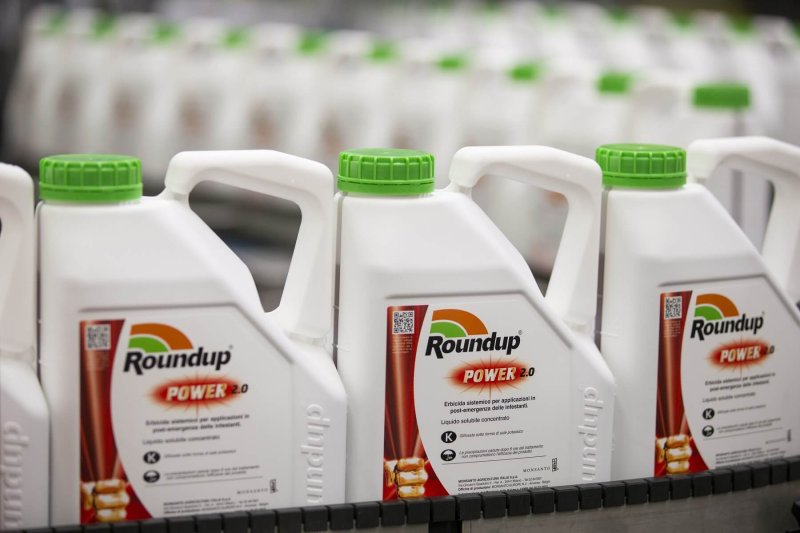Three trials in California against Bayer have sided with plaintiffs involving allegations that the glyphosate in the herbicide Roundup causes cancer, despite regulatory agencies concluding that glyphosate is not harmful to humans.
Richard AuBuchon, executive director of Missouri Justice Reform Coalition and also an attorney based in Jefferson City, says science presented during trials can sometimes be difficult for a jury.
“I am unable to speak to the facts of these (California) cases because I was not involved in the litigation. Every trial is a game of what evidence is admitted and how it is presented,” AuBuchon said. “Focusing on the science can be difficult for a jury when presented with all the other items of fact during a trial.”
AuBuchon said he hoped the state’s adoption of the more strict evidence standard “Daubert” – which is used to assess whether an expert witness’s scientific testimony is based on scientifically valid reasoning – will lead to sound decisions by jurors based on science over opinion when a trial gets underway in St. Louis County in January.
Read full, original article: Attorney on Roundup cases: ‘Focusing on the science can be difficult for a jury’































